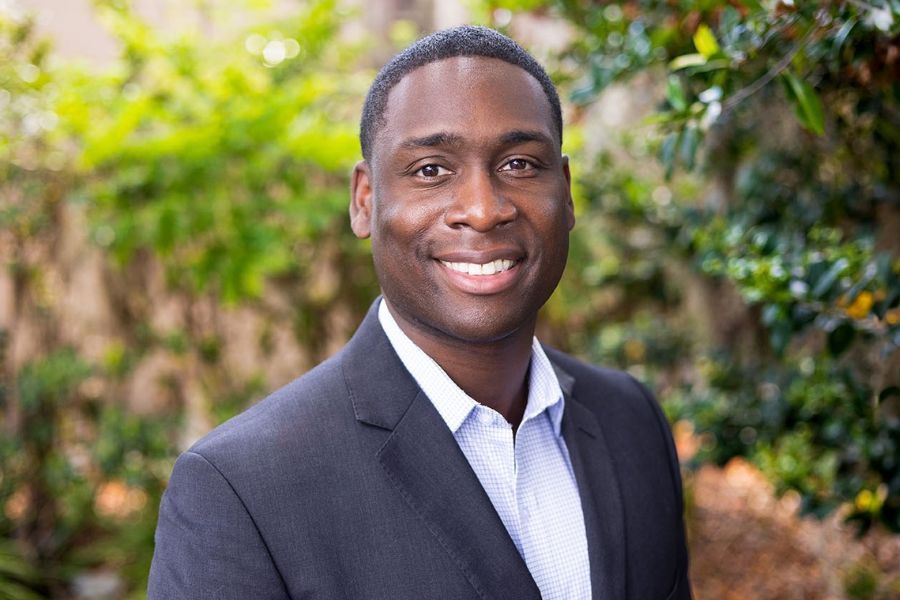15 transformational advisers: Lewis G. Kearns
When financial advisers sit down with clients today to look at the big picture, they are practicing the…
When financial advisers sit down with clients today to look at the big picture, they are practicing the profession the way Lewis G. Kearns envisioned it half a century ago.
In the 1960s, Mr. Kearns was senior vice president of the Wellington Management Co., which managed the $1.5 billion Wellington Fund. He took a special interest in training Wellington staff members, teaching them to look beyond simply selling a mutual fund and instead helping a client holistically.
At the time, “that was unheard of,” said Marvin Tuttle, former chief executive of the Financial Planning Association. “He understood that the day was coming that we needed to be focused more on the client than the product.”
On Dec. 12, 1969, Mr. Kearns took his passion for raising the standard of care in financial services to a meeting at a hotel in Chicago, according to the book “The History of Financial Planning” by E. Denby Brandon Jr. and H. Oliver Welch (Wiley Finance, 2009).
Over two days, 13 participants essentially created the financial planning profession, laying the groundwork for what became the College for Financial Planning, the certified financial planner certification and the Financial Planning Association.
Although James Johnston and the late Loren Dunton organized the meeting, it was Mr. Kearns who acted as chairman and held it together with a keen intellect and a dry sense of humor.
PHOTO GALLERY 15 transformational advisers
“Lew is credited with being a skilled arbitrator and facilitator at that meeting,” said Nan Meade, former director of communications at the College for Financial Planning and the National Endowment for Financial Education. “There were a lot of strong personalities and diverse ideas about how the group should proceed.”
“He was like the foreman of the jury,” Mr. Tuttle said. “They looked to him on how to get this thing going and for the long-term perspective.”
Following the meeting, Mr. Kearns was put in charge of the education component of the movement. He created the syllabus for the College for Financial Planning, while Mr. Johnston wrote the course materials. The school, first christened the International College for Financial Counseling, opened in 1972.
Mr. Kearns would act as chairman of the school’s board for three terms, while Mr. Johnston served as president during its first years.
“Without Mr. Kearns’ support and guidance, it is likely the college would not have succeeded,” Ms. Meade said.
Mr. Kearns died in 2010 at 96. His effort to elevate personal finance and professionalize investment advice was a profound development in microeconomics, Mr. Johnston asserts.
“This approach was original and most helpful because of the difficulty of understanding the nuances of all the various financial products and how they could fit together,” Mr. Johnston wrote in a letter to a newspaper in Bradenton, Fla., on Mr. Kearns’ 95th birthday.
Learn more about reprints and licensing for this article.








